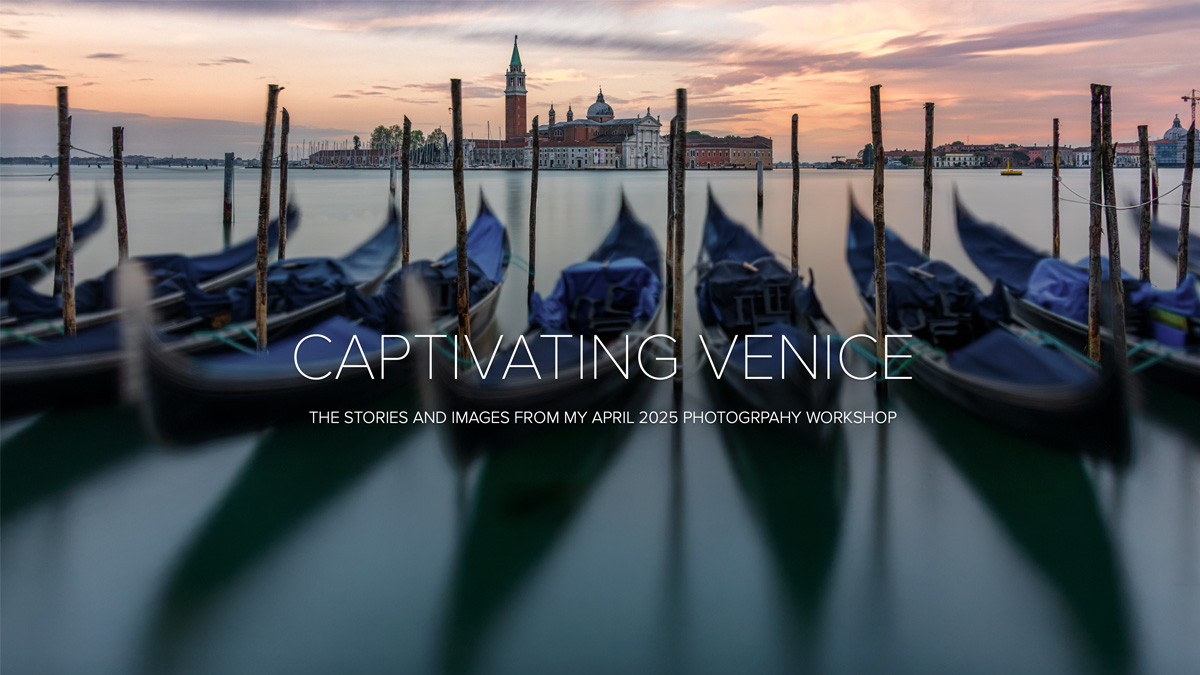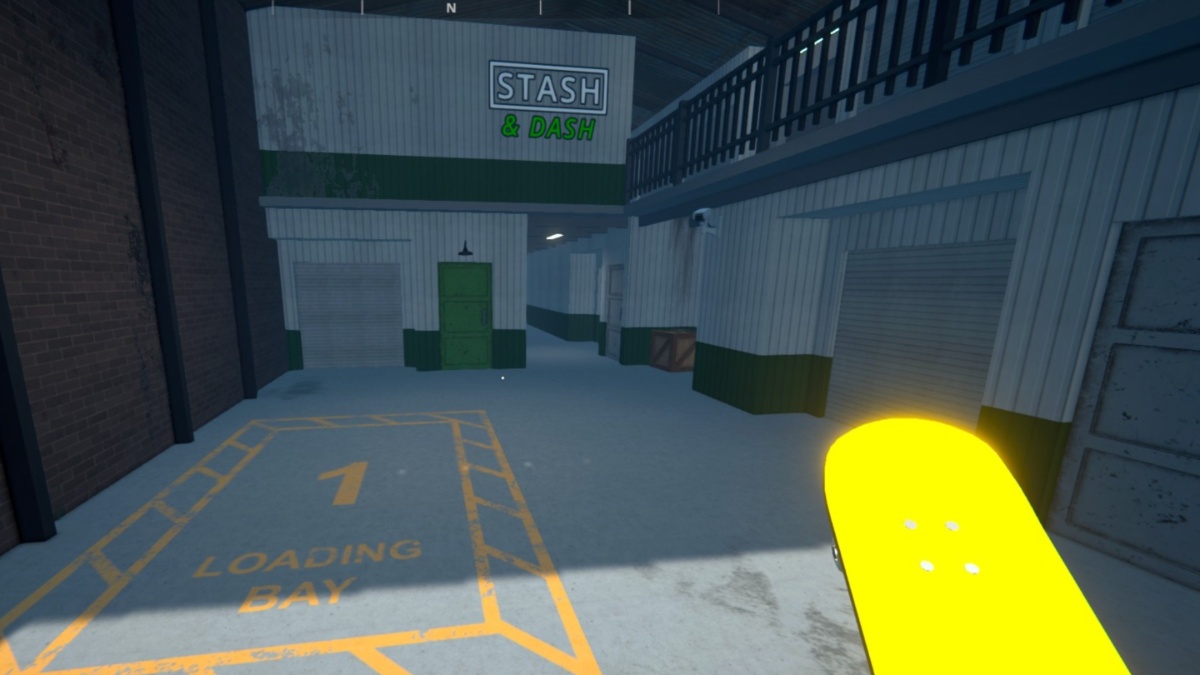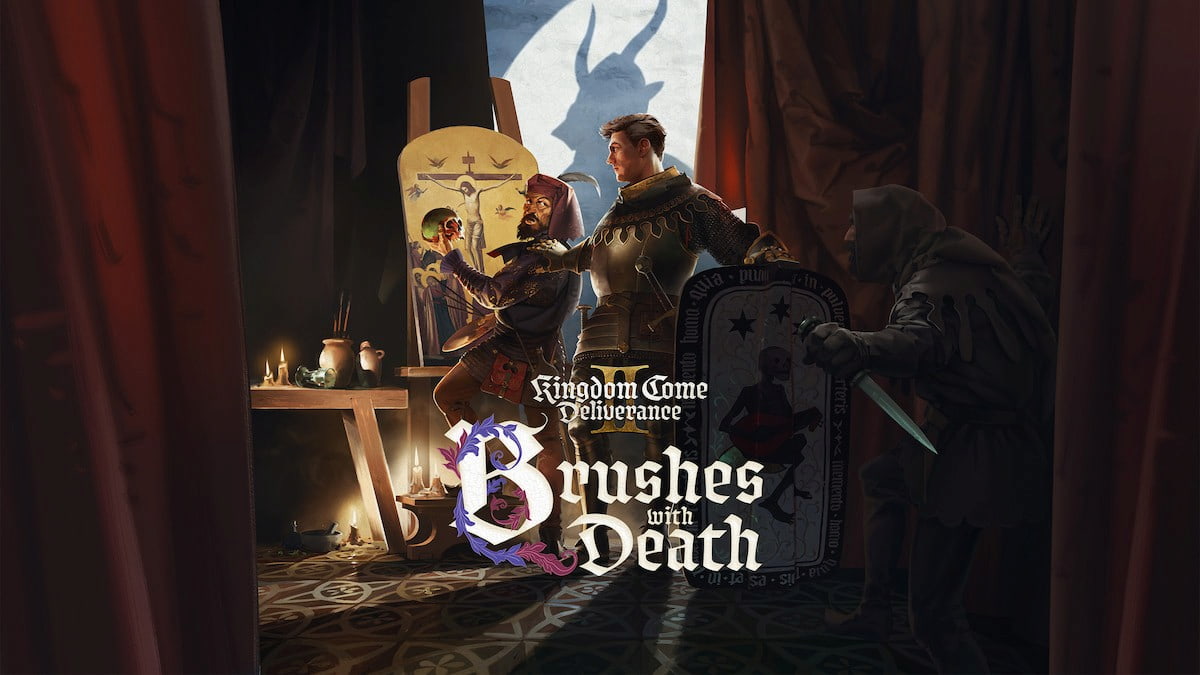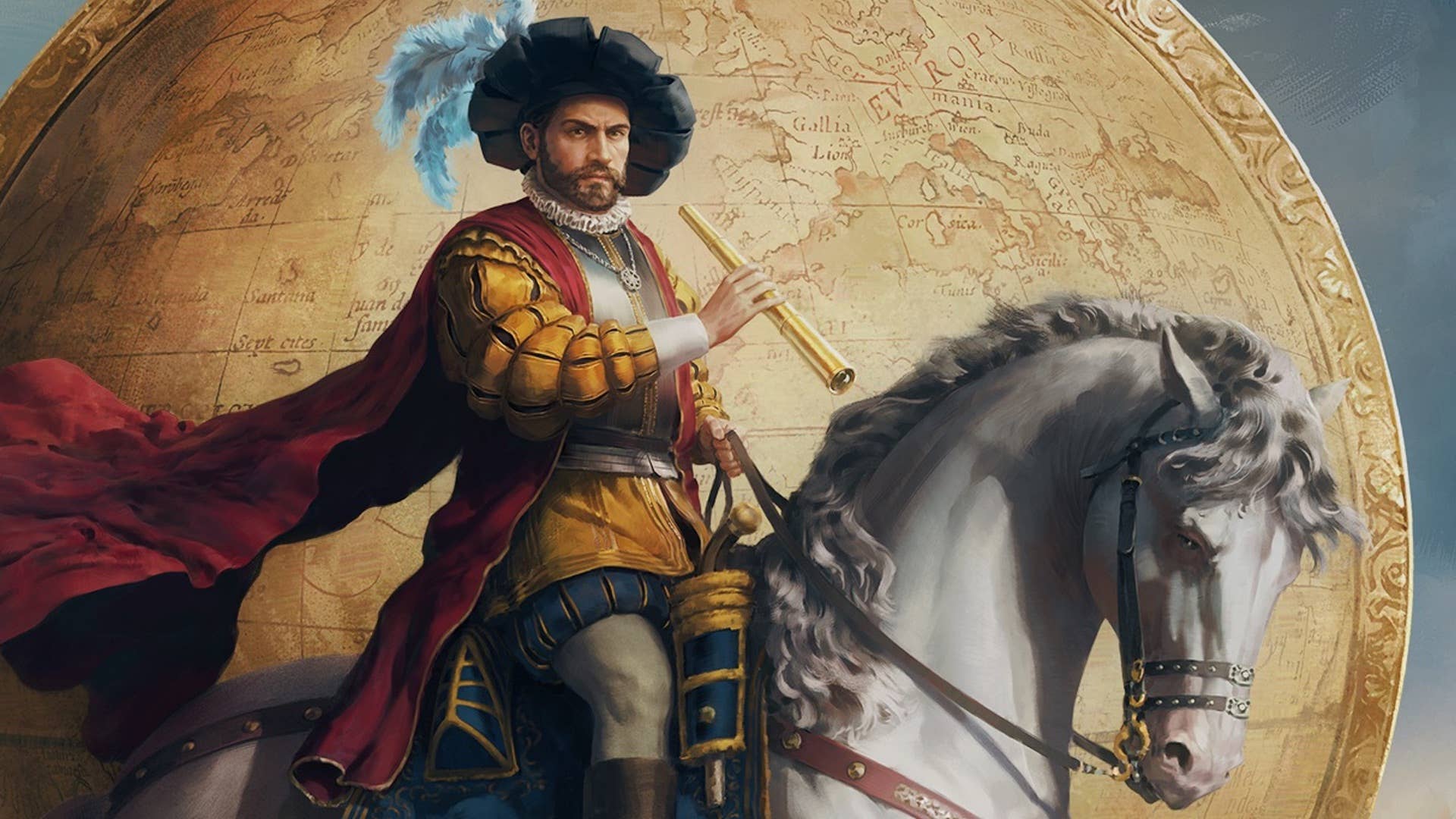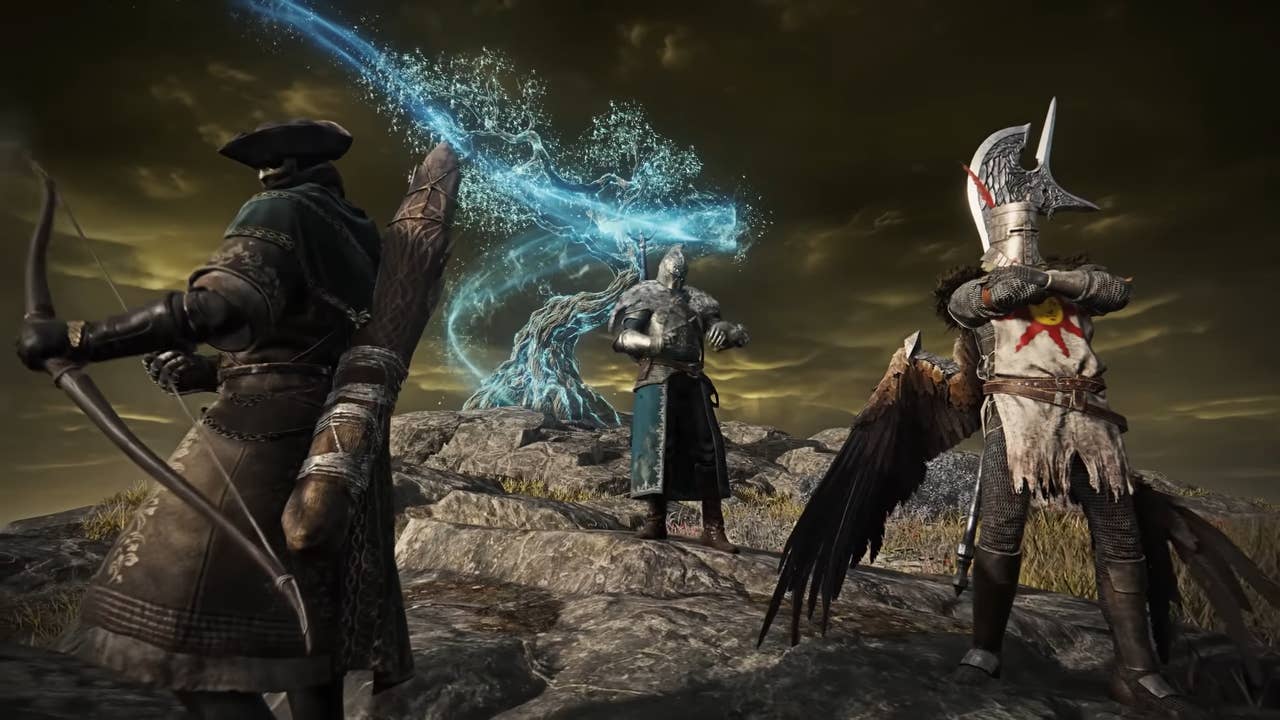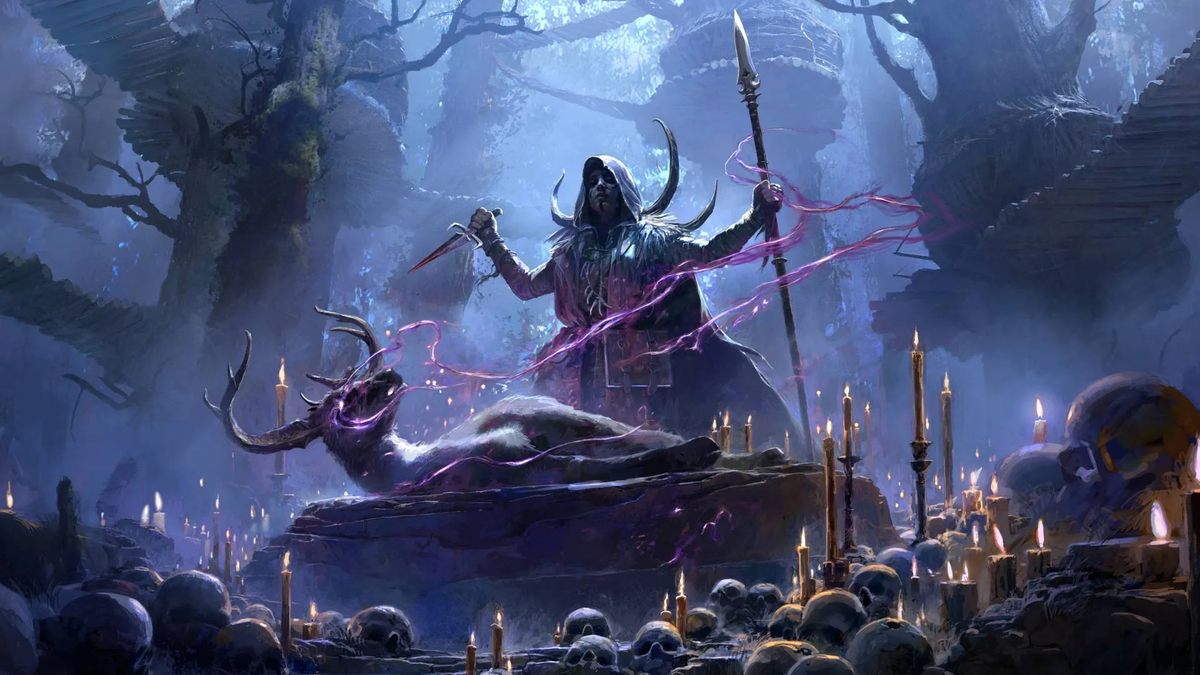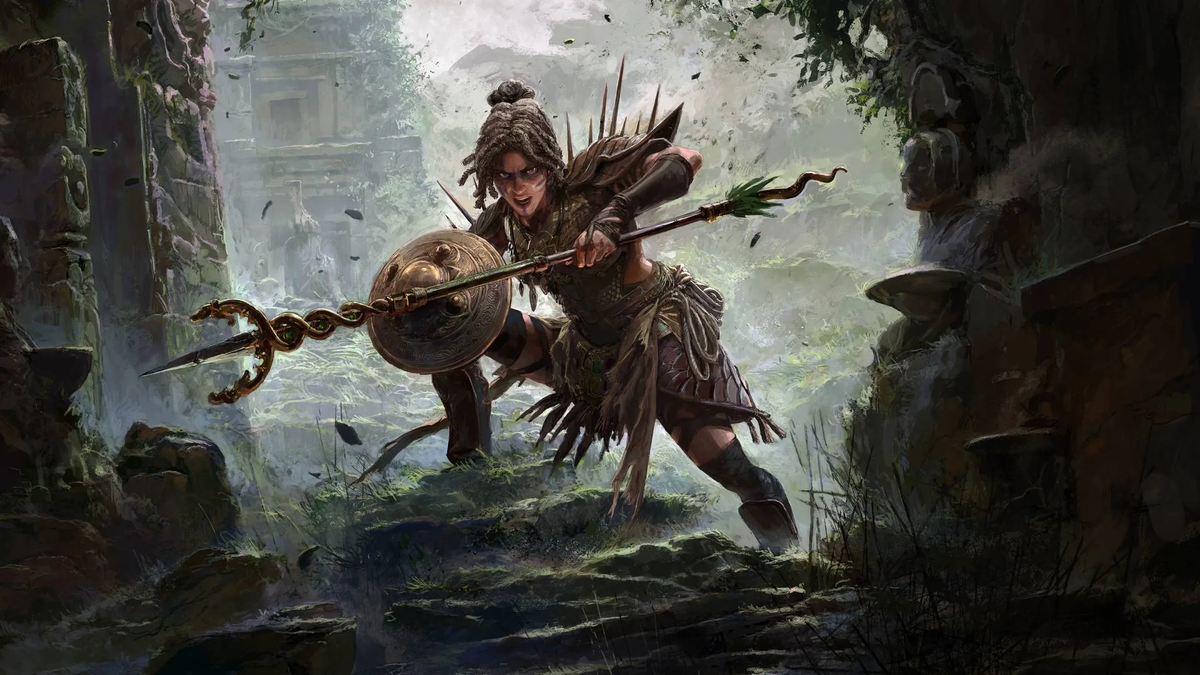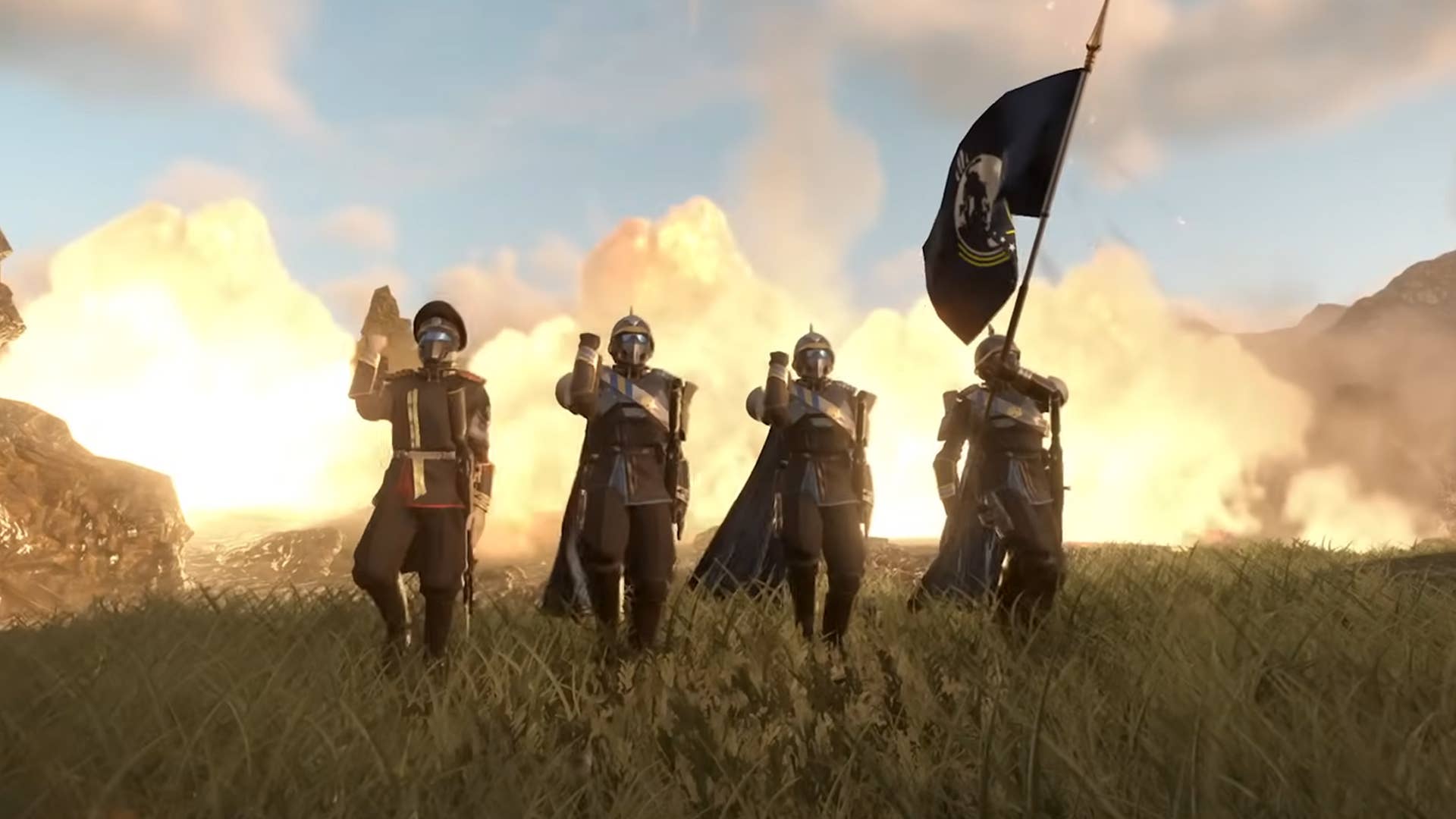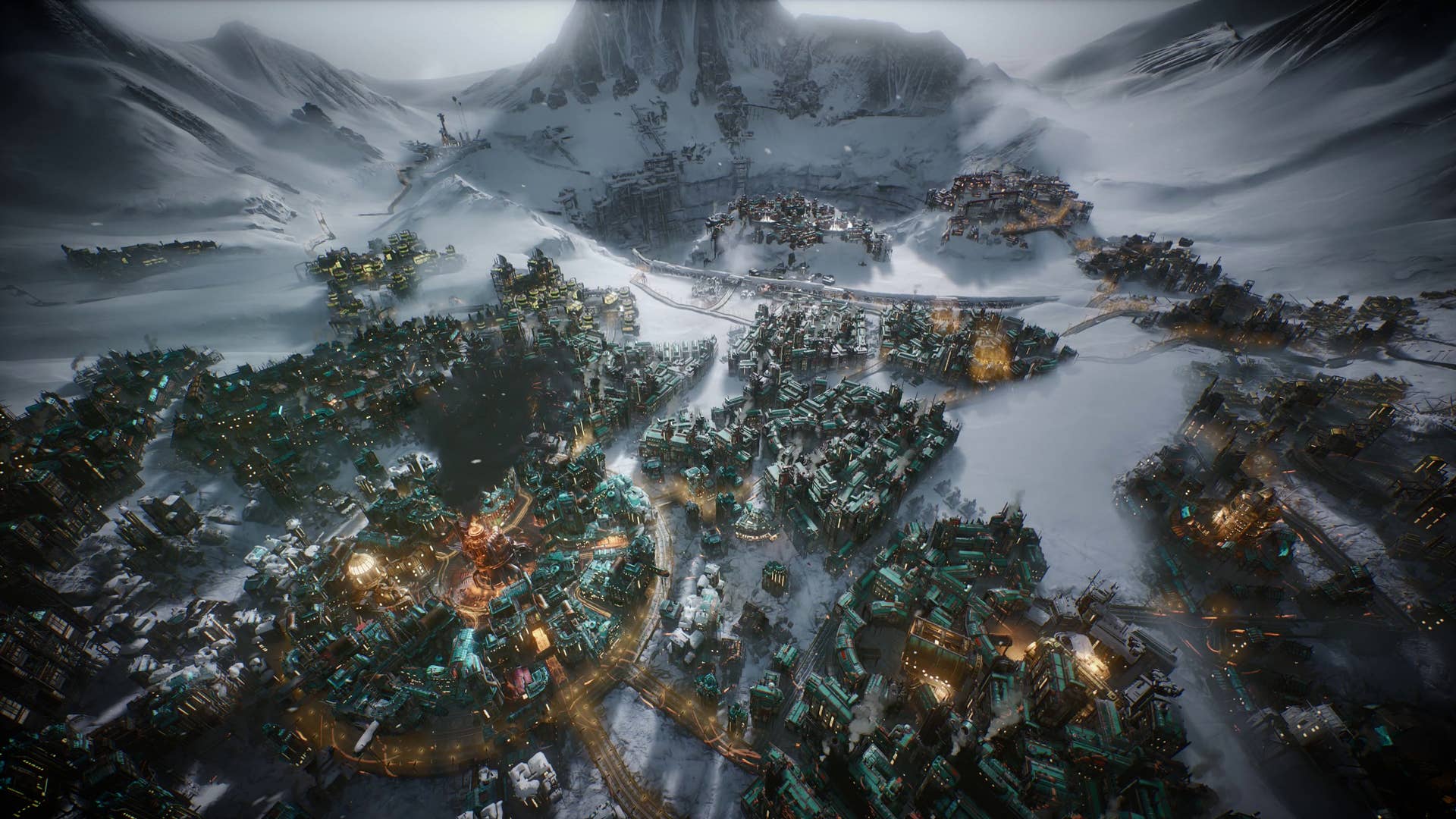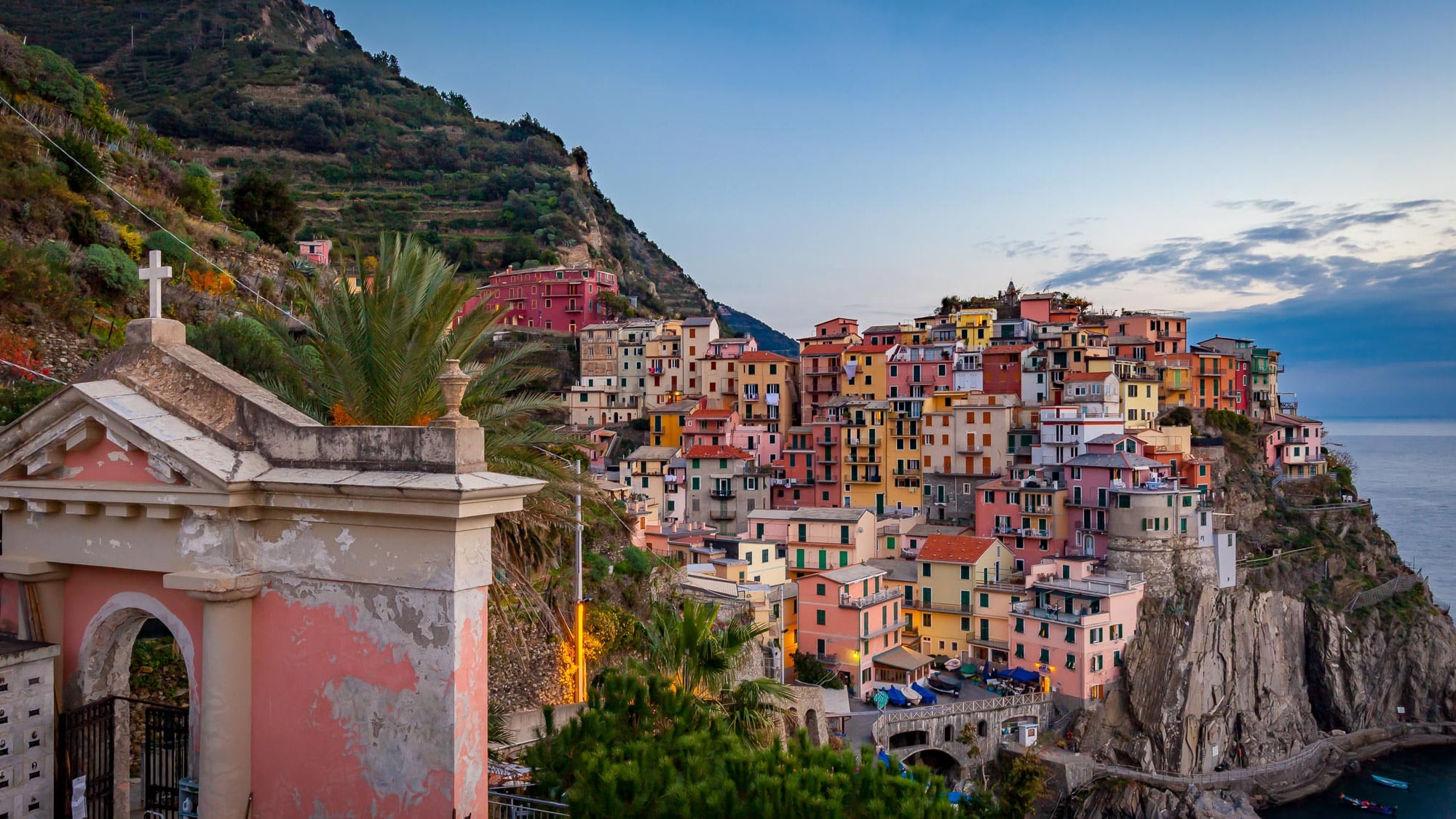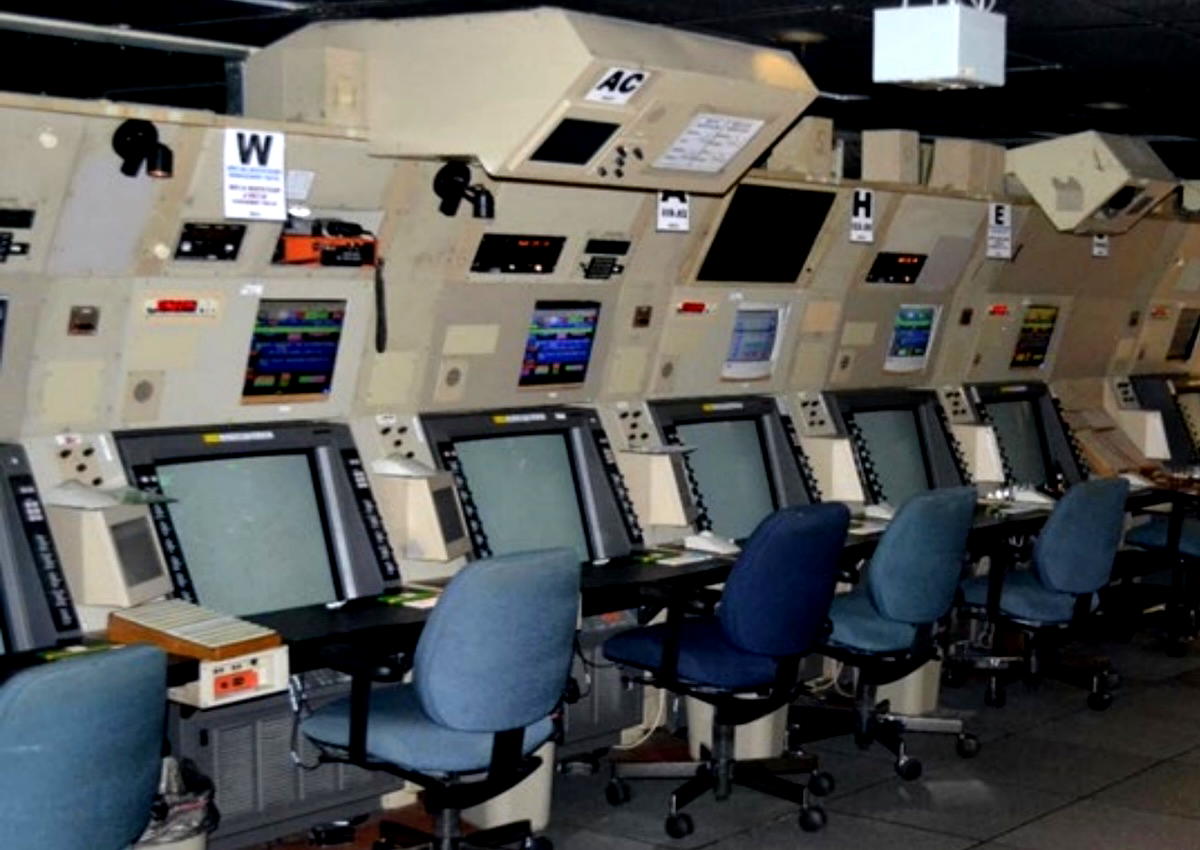Europa Universalis 5 Is a Ludicrously Large, Dense Strategy Sequel
Paradox has an established tradition of putting out very complex, richly detailed historical strategy games. But we've never seen anything like the just-announced Europa Universalis 5 from them – or anyone – before. If the previous games in the franchise were your undergrad, this is a PhD game.


Paradox has an established tradition of putting out very complex, richly detailed historical strategy games. But I've never seen anything like the just-announced Europa Universalis 5 from them – or anyone – before. If the previous games in the franchise were your undergrad, this is a PhD game. The preview build I played could be almost obnoxiously unintuitive at times, and the first 30 hours or so felt like learning to swim in the middle of a storm with all the new features and systems – even as someone who has more than 2500 hours in Europa Universalis 4. But there's something to be said for a game that makes you work for it a little. And under those choppy waves, I found quite a lot to be excited about.
I can think of no better place to start than having a little bit of a gush about the map, which puts almost all previous renderings of the globe in a strategy game to shame. It features around seven times as many individual locations as EU4 had, and unlike in 2022's Victoria 3, they all have their own individual populations, buildings, topography, climate, and vegetation. Similar to Victoria, every person on Earth is represented individually. This is the exact number of people living in this specific bit of countryside in Portugal. And that population can grow, shrink, change in cultural composition, and convert to a different religion.
The level of detail almost seems like it shouldn't really be possible. And from what I've played, and you can probably see in the video at the top of this page, it sometimes isn't. This game is a CPU hog, and my Ryzen 7 3700X was not able to keep up with it on the fastest speed, so you'll have to excuse the choppiness. But I was assured by Paradox that the recommended specs for this demo were not what they intend to ship with, and optimization is an ongoing process. The graphics, as well, are not by any means final, though they're already looking pretty sweet.
One big visual improvement is in how armies are represented. Rather than one giant soldier like in EU4, you can have formations that may get as large as 30 models in the late game, with culturally-specific uniforms and period-accurate weapons that change with your level of technology. There's even a system that causes them to appear more ragtag or uniform based on the discipline stat of the army, which is especially cool.
March to the Sound of Guns
And I spent a lot of time looking at these little guys, because Europa Universalis 5 excels most as a wargame. It wasn't until I got into a big clash with several regional players that I really felt like I understood what it was going for. Food and logistics systems, which are a refinement of the ones from 2018's Imperator: Rome, make secure supply lines just as important to fighting an effective war as having good generals and troops. And the fact that mountains and hills now block vision even from adjacent locations creates opportunities for clever ambushes. This might be the best warfare system Paradox has ever designed.
Population, in general, adds so much to the Europa Universalis formula that I can hardly cover it all here. While previous games used ambiguous government points that the community came to refer to as "mana," the brakes on your imperial ambitions here simply come from having not enough people. Or in some cases, not enough educated people, since certain buildings require higher social classes to work in them. If you want to colonize, those settlers have to come from somewhere. Soldiers who die in your wars don't return to the fields.
On top of this, a new system of control makes it more difficult and expensive to administrate places further from your capital, creating new reasons to use vassals or marches, and keeping even larger countries from feeling too powerful at the start.
The new start date of 1337 appeals to me as a fan of the Middle Ages and a weirdo who would not have cared if you made EU4 a hundred years longer. It doesn't appeal to the people of Eurasia, though, who get hit by the Black Death a few decades after the start of the campaign. It's properly brutal, too, killing around half of the population in places like Europe, which sort of forces a hard reset on your long-term plans. And I wouldn't want it any other way. If this was a challenge real historical leaders had to face, I'd prefer they don't nerf it.
Graduation Day
Getting my head around all of this was an even more epic endeavor than surviving the plague, though. The tutorials and new player experience are still being worked on, so I was somewhat thrown into the deep end. I don't know that I've ever played a strategy game with so many mechanics to worry about on day one, from a royal cabinet to social values to a fully dynamic, multi-directional trade system that replaces the frankly unsatisfying and goofy one from EU4.
It took me almost four hours of set-up on my first campaign to finally hit unpause. And I had logged about 30 hours, according to Steam, before I actually felt like I knew what I was doing. That's not necessarily a bad thing from my perspective, though. I can just see it being a daunting cliff to climb – especially for anyone new to the series. To EU5's credit, you can automate almost any aspect of your country if, for instance, you only want to deal with the military or trade until you understand everything better.
In terms of historical flavor, there are a lot of little events with one or two choices that simply offer a small mechanical bonus or penalty that I wasn't too impressed by. But there are also larger historical situations, like the Protestant Reformation or the Hundred Years War, that involve multiple phases and have the potential to create much more interesting and dynamic historical stories.
It might not surprise you to hear that I feel I've barely scratched the surface of Europa Universalis 5 here. Even if I were to regale you with all of my experiences for the next several hours, I've only played through 200 years of its 500-year expanse. It's such a vast, uncompromising, sometimes terrifying thing that trying to suss out the shape of it feels like trying to trace the shadow of a whale beneath my tiny rowboat. And the performance issues I encountered were keeping that boat from sitting steady in the water.
But at the end of the day? I'm impressed and excited that they went this big with this long-awaited sequel. Nobody pushes the boundaries of the genre like Paradox, and with Europa Universalis 5, they're pushing them further in one game than they ever have. I'm looking forward to enjoying the rest of the ride, even if it sometimes feels like I'm hanging on for dear life.

































